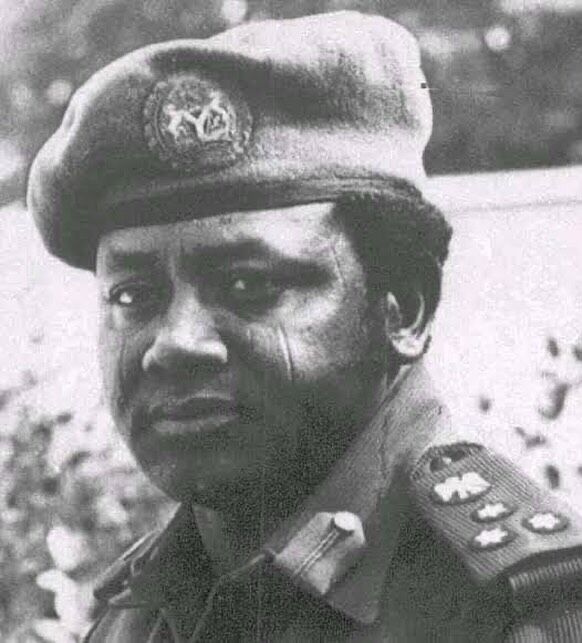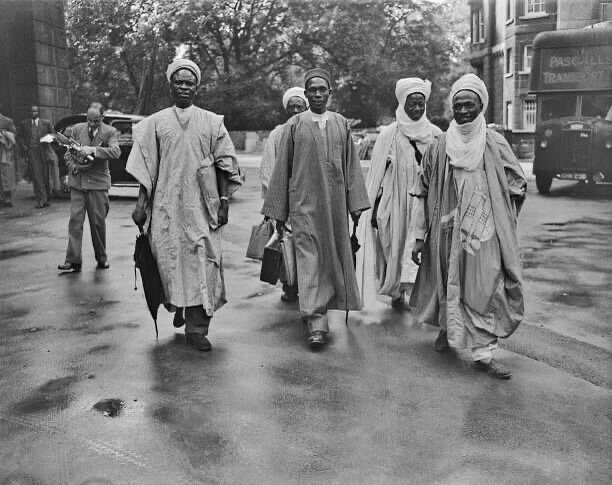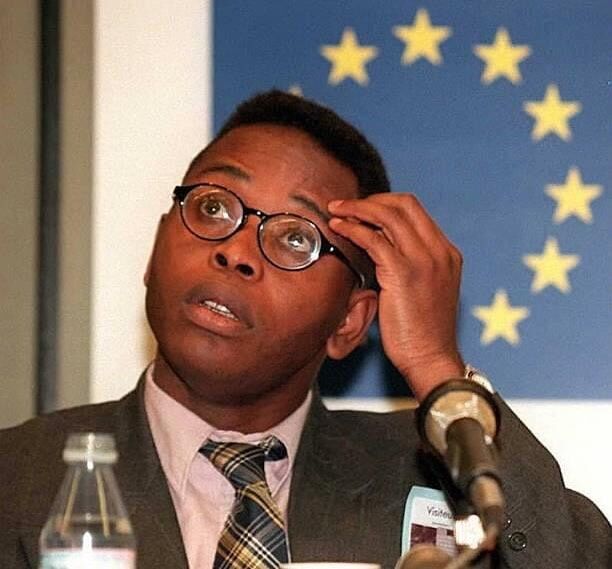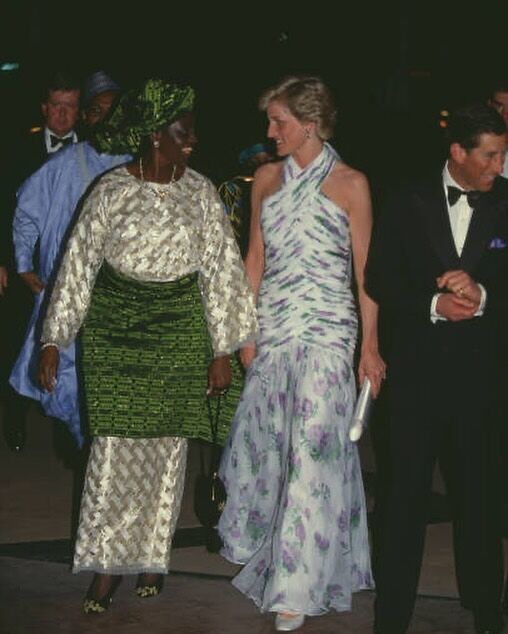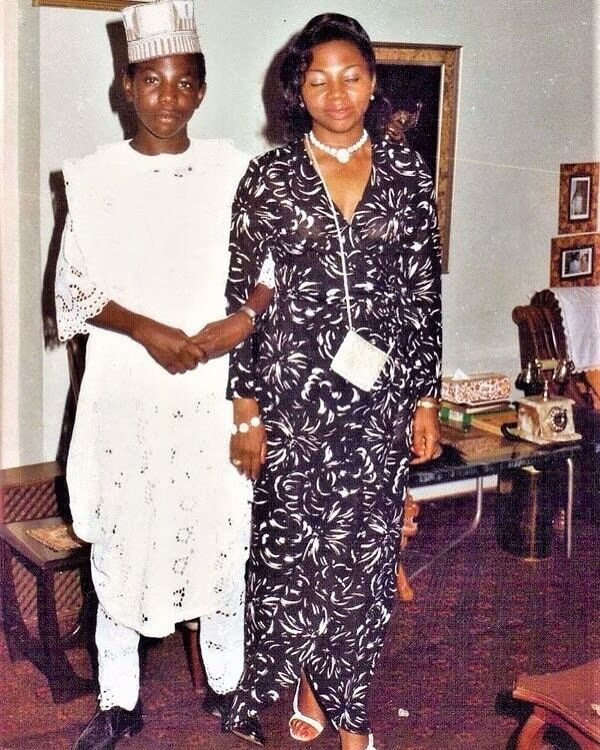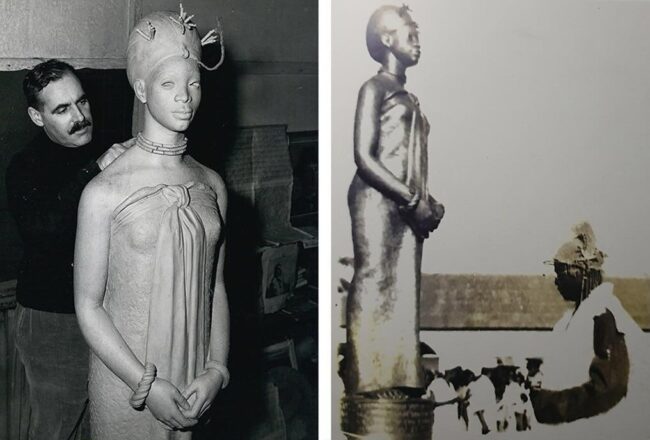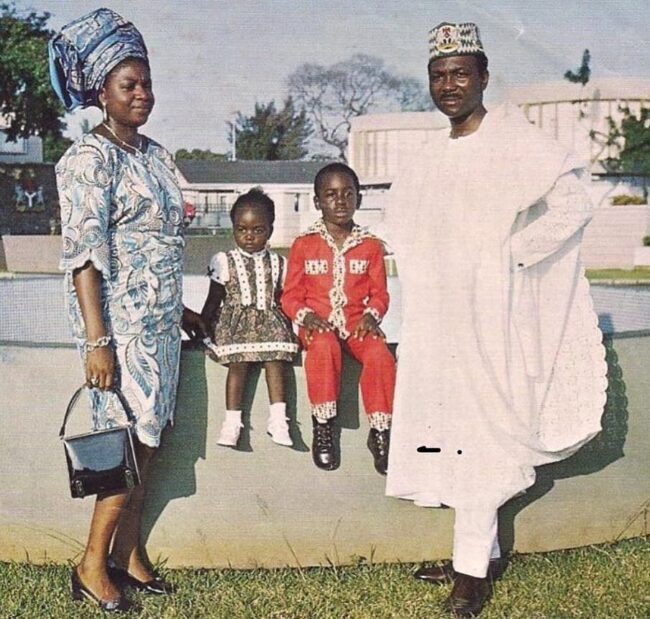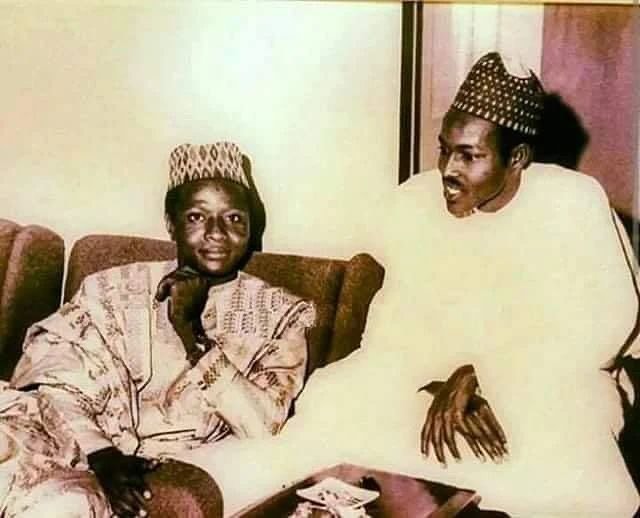In the 15th century, under the rule of Oba Uwaifiokun and Oba Ewuare the Great, Queen Emotan (actual name Uwarraye) was a market woman who worked at the Oba Market in the ancient kingdom of Benin. Image one: Left: At his Chelsea studio, Mr. John Danford, the then-Regional Director of the British Council in the Western Province of Nigeria, is constructing the six-foot-tall statue of Emotan. Oba Akenzua II commissioned the statue. Right: The Emotan statue was commissioned in 1954 by Oba Akenzua II, CMG, Oba of Benin. She was well-known for her humanitarian efforts, her affection for kids, and—above all—the crucial part she played in Prince Ogun’s (Oba Ewuare I) succession struggles after his exile. Emotan adored and cared for numerous youngsters in her foster home despite not having any biological children of her own. For a while, some parents would send their kids to live with Emotan and pick up some trade skills from her. She also raised and educated orphans, many of whom went on to become productive and contributing members of society. Prince Ogun (Oba Ewuare I) and Emotan plotted to overthrow Oba Uwaifiokun, the usurper, and her intelligence was crucial in assisting Ogun in regaining his throne after his younger brother betrayed him. The sole safe haven for Prince Ogun was Emotan’s modest home in the Oba market, and she served as his eyes and ears throughout the city as Uwaifiokun, who had already taken Ogun’s legitimate throne, attempted to assassinate him in order to maintain his position as king. Prince Ogun rushed to his younger brother’s location and executed him after learning of Uwaifiokun’s intention to march to the ancestral shrine and offer sacrifices to his father’s gods in order to help him avoid his unfortunate destiny. This action made it possible for Ogun to succeed to his father’s kingdom. After Uwaifiokun’s death, the kingdom’s succession dilemma was resolved, and Prince Ogun celebrated by taking the title Ewuare (Oworuare), which translates to “the heat has abated” or “the trouble has ceased.” Shortly after Ewuare was installed as Oba, Emotan died. In order to fulfill his instruction that she should not be forgotten after her death, Oba Ewuare the Great planted a sacred Uruhe tree near her grave—the same location where she lived—next to the Oba market. He also mandated that all funeral processions include a visit to her grave by any man invested with a title as a sign of respect. Only under Oba Osemwende’s rule did the Uruhe tree that was planted over her burial die, having survived for nearly three centuries. About 150 years ago, the Oba replaced the tree with another Uruhe and used an Iroko tree to support it. However, during Oba Akenzua Il’s rule in 1954, the British Council in Benin replaced the tree with a bronze statue of a full-size woman. This was due to the fact that fifty years prior, during a particularly strong storm, the final two trees that Oba Osemwende had placed on the cemetery had fallen.

